After having sent in 2020 as many as forty works to Texas, to the Kimbell Art Museum in Fort Worth, the National Museum of Capodimonte this time is preparing to send an even higher number of works (sixty) out of its halls, to be exact to France, to the Louvre, where they will remain for six months. Now, however, the sending can be better justified: if two years ago Capodimonte had sent its jewels when the museum was open, and as a result visitors for a long time were not able to admire the masterpieces even though they had the opportunity to go to the museum, next year the Neapolitan museum will be closed for renovation work, which would have involved moving several works anyway. Might as well, then, seize the opportunity and promote Capodimonte into the most visited museum in the world, the institute’s top management must have thought. The maxi-loan falls under an agreement that Capodimonte has made with the Louvre specifically for 2023: Capodimonte’s works have been selected from among the collection’s major masterpieces and will be displayed in three different places in the Louvre: in the Grande Galerie, the Chapel Room and the Clock Room. It is currently unknown what the Louvre will give in return.
“I am very honored by the invitation of the president-director of the Louvre, Laurence des Cars,” Capodimonte director Sylvain Bellenger said in a note released by the Louvre, “and great is the prestige that this exhibition brings to Naples and the Capodimonte Museum and Real Bosco. The history of Capodimonte is inseparable from the history of the Kingdom of Naples just as the history of the Louvre Museum is inseparable from the French Revolution. Many of Capodimonte’s masterpieces, such as Titian’s Danae, Titian’s Portrait of Paul III Farnese, also by Titian, and Parmigiano’s Antea, will not surprise many visitors, as they appear in many art history textbooks, but the surprise will be to connect them to Capodimonte, a famous museum for amateurs but yet to be discovered by a wider public. Despite the French’s historic attachment to Naples, visitors to Pompeii do not always think about integrating this museum, which figures among the first in Europe, into their modern Grand Tour.”
“In 2023,” explained Louvre director Laurence des Cars, “the finest masterpieces of the Capodimonte museum will dialogue with those of the Louvre, within the museum itself, in an unprecedented setting. A rich music and film program will enrich this invitation to install Naples in Paris for nearly six months. Royal palaces transformed into museums, rich in collections inherited from the greatest sovereigns, symbols of the historic ties between France and Italy: the Louvre and Capodimonte have much to share and to tell. I want to sincerely thank Sylvain Bellenger, Director of the Capodimonte Museum, who with trust and friendship does us the great honor of accepting our invitation. This exceptional and exclusive collaboration perfectly illustrates the European and international momentum I desire for the Louvre.”
Also enthusiastic is Culture Minister Dario Franceschini, who in a ministry note states, “The news of the partnership between the Louvre and the Capodimonte Museum in Naples for 2023 fills the world of culture and all of Italy with pride. The choice made a few years ago to grant complete management autonomy to Italy’s great museums proves, once again, successful because it offers great opportunities such as the one that will open a true Neapolitan season in Paris.”
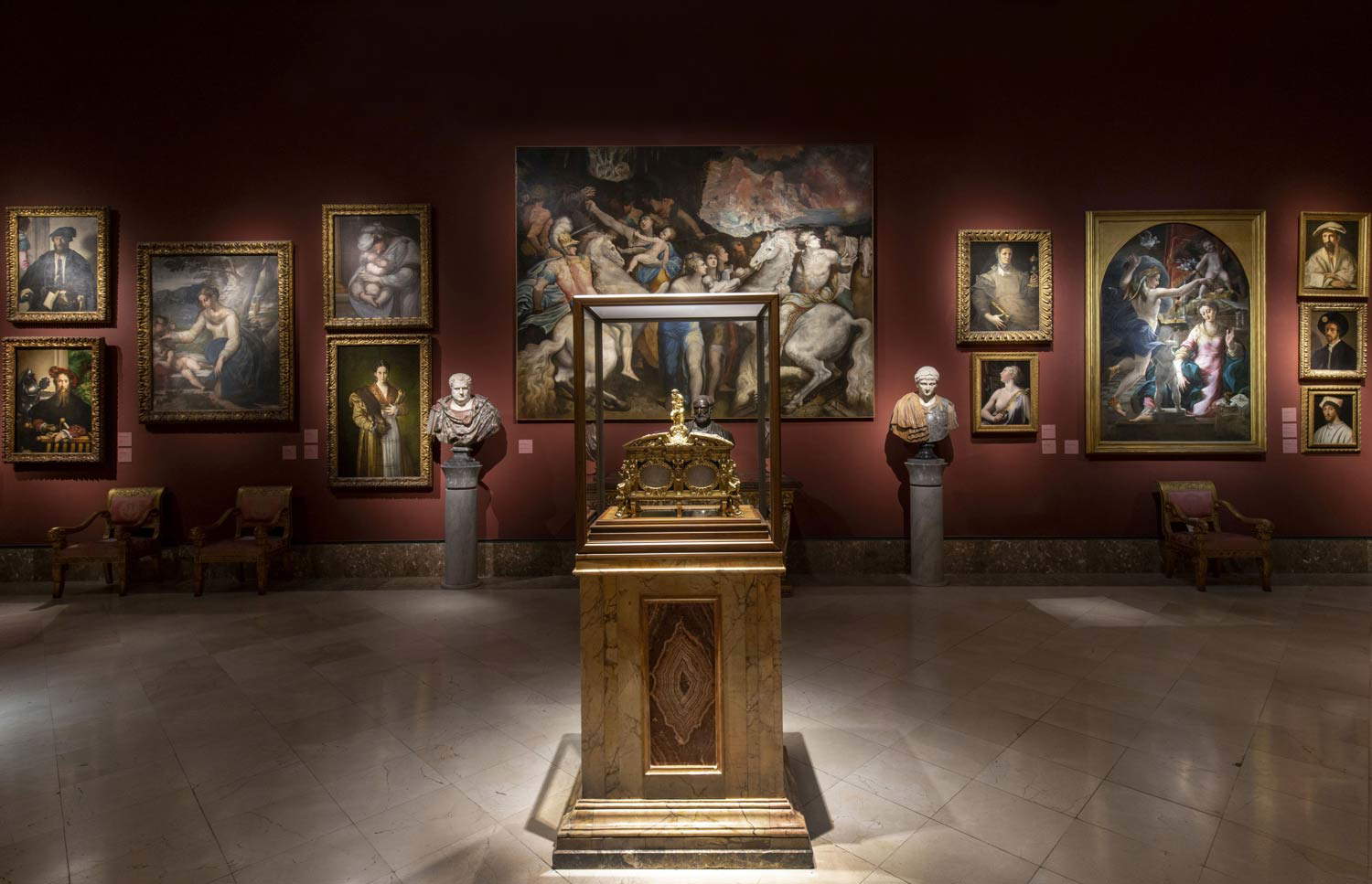
 The
The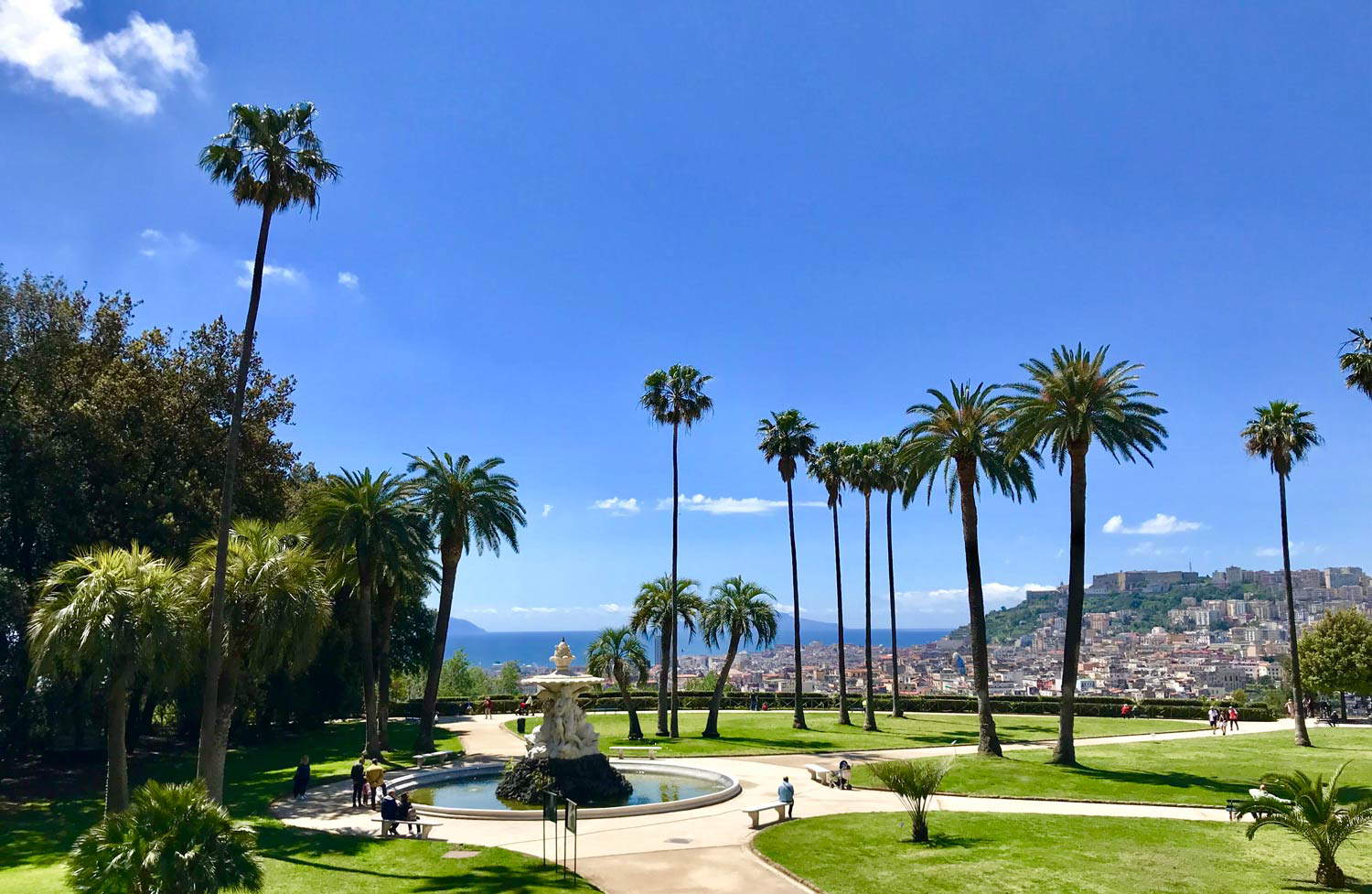
It is the Louvre itself that outlines in detail the Capodimonte works that will be displayed in its halls. “The desire of the two museums,” the Parisian museum lets us know, “is to see the extraordinary masterpieces of Naples mingle with those of the Louvre, in a truly exceptional presentation: the combination of the two collections will offer visitors a unique insight into Italian painting from the 15th to the 18th century for six months, while also allowing a new view of both the Louvre and Capodimonte collections.”
Thirty-three paintings will be arranged in the Grande Galerie, the Salon Carré and the Rose Room: the bulk of the “dialogue” between the Neapolitan and Parisian collections will be concentrated here. There will be, among other paintings, Masaccio’s Crucifixion, Bellini’s Transfiguration, Jacopo de’ Barbari’s Portrait of Luca Pacioli, Titian’s Danae, Parmigianino’sAntea, Guido Reni’sAtalanta and Hippomenes, Artemisia Gentileschi’s Judith and Holofernes, Caravaggio’s Flagellation, and José de Ribera’sApollo and Marsyas. In short: all the best of Capodimonte, the masterpieces for which the public usually goes to the museum.
Again, in the Chapel Room there will be a presentation of the historical events of the Neapolitan collection: explaining them will be paintings such as Titian’s Portrait of Pope Paul III with Grandchildren, El Greco’s Portrait of Julius Clovius, and Filippo Tagliolini’s Fall of the Giants. Finally, sheets from the Cabinet of Drawings and Prints, such as Raphael’s Moses Before the Burning Bush and Michelangelo’s Group of Soldiers, will be on display in the Clock Room.
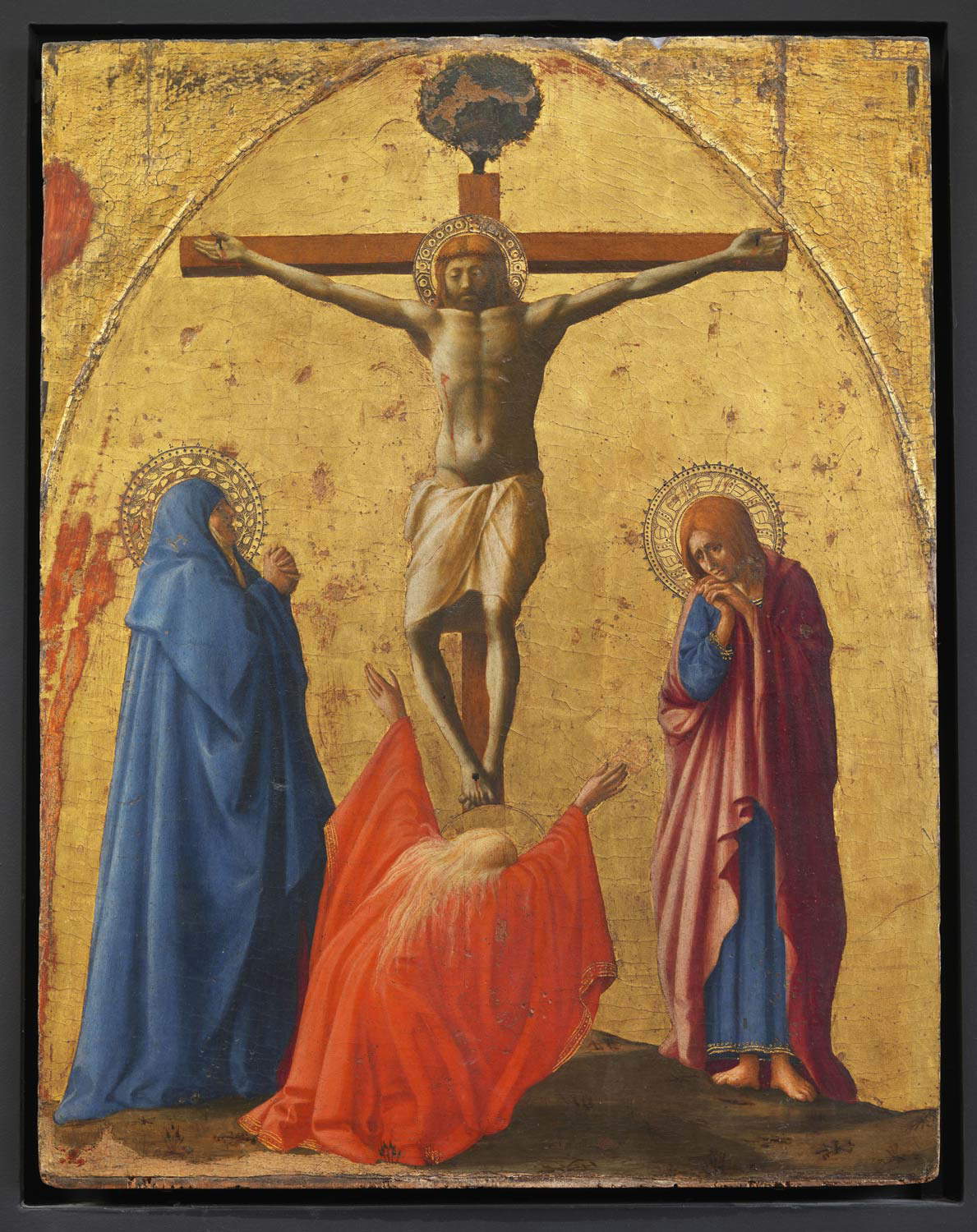
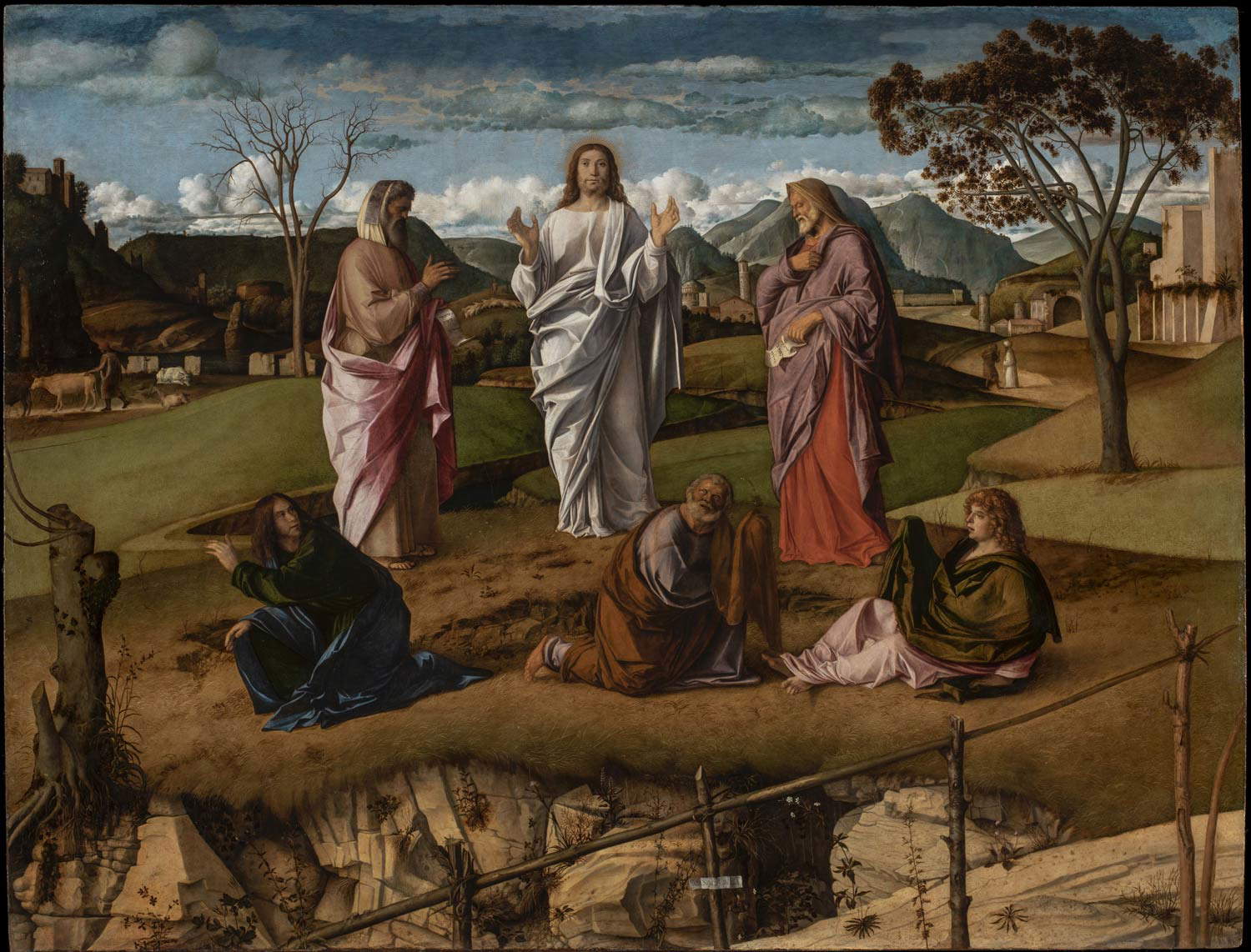
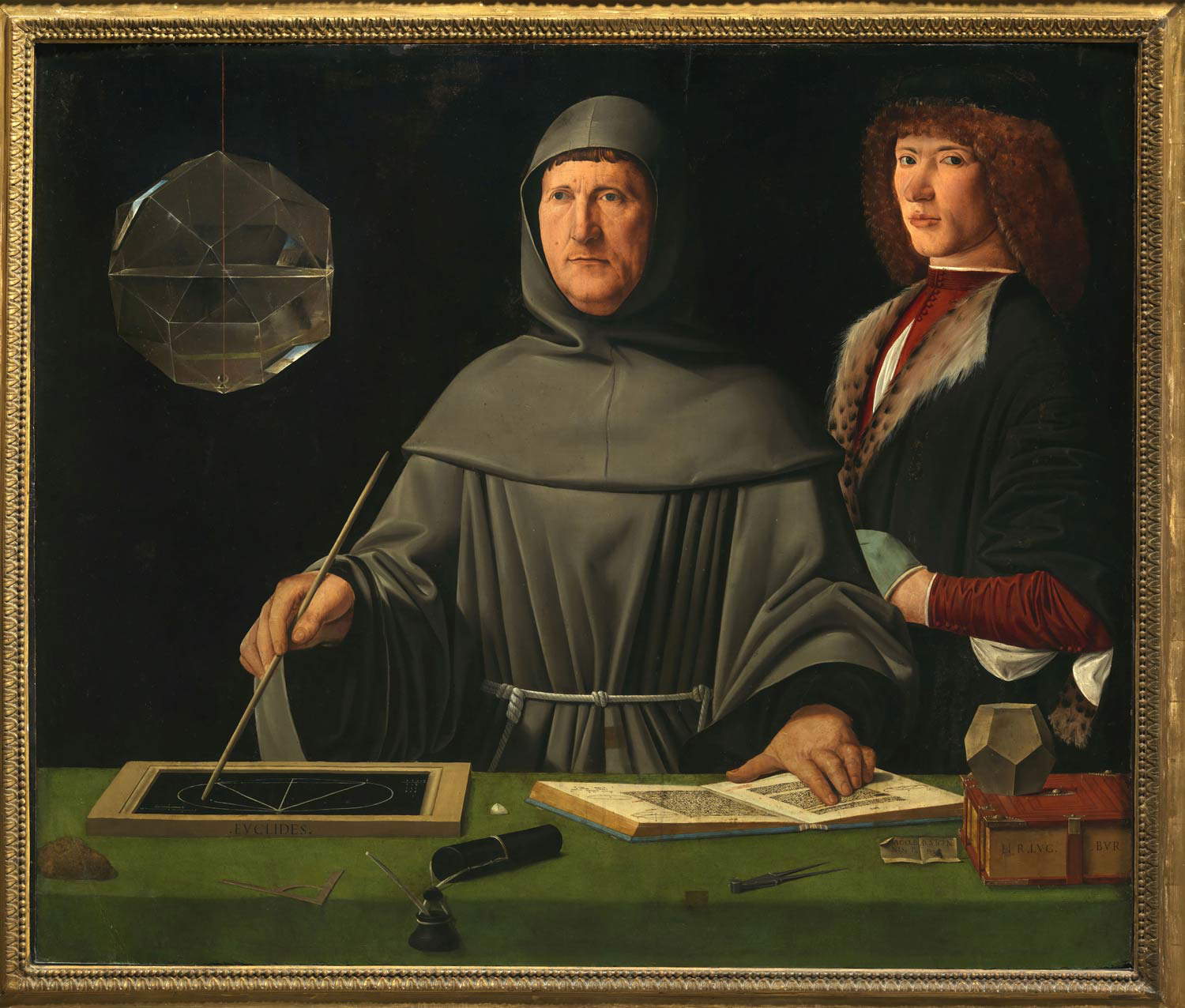
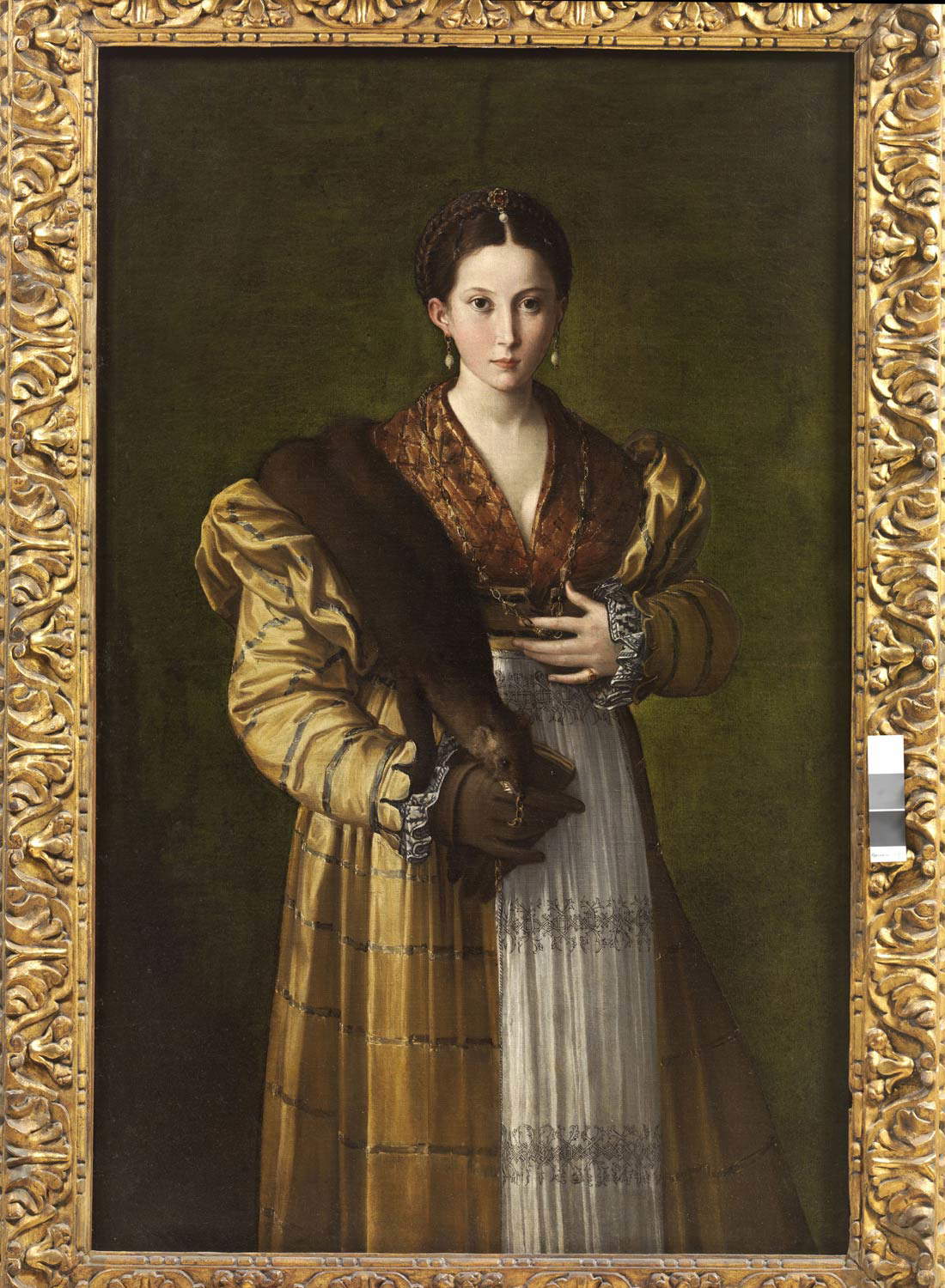
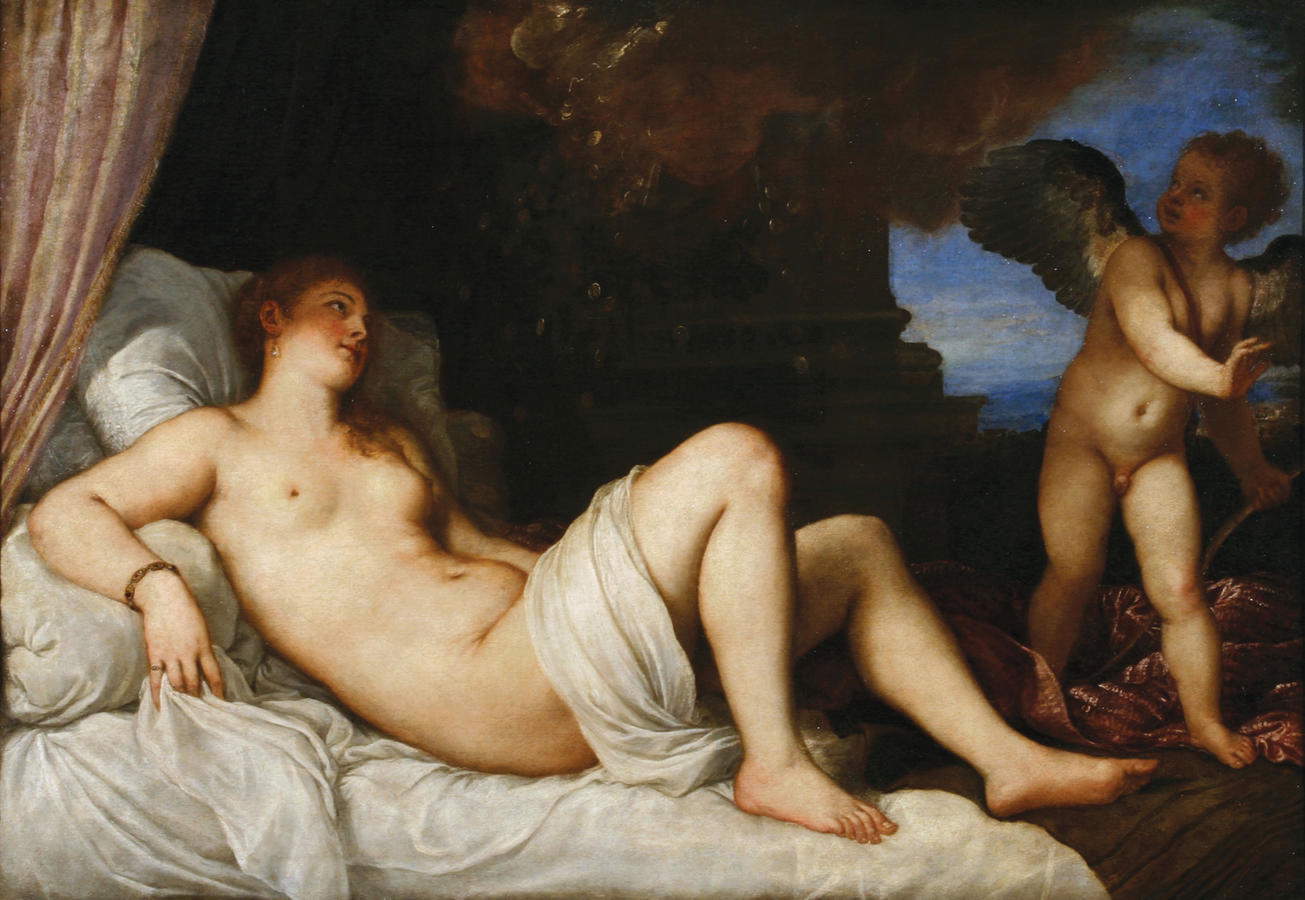
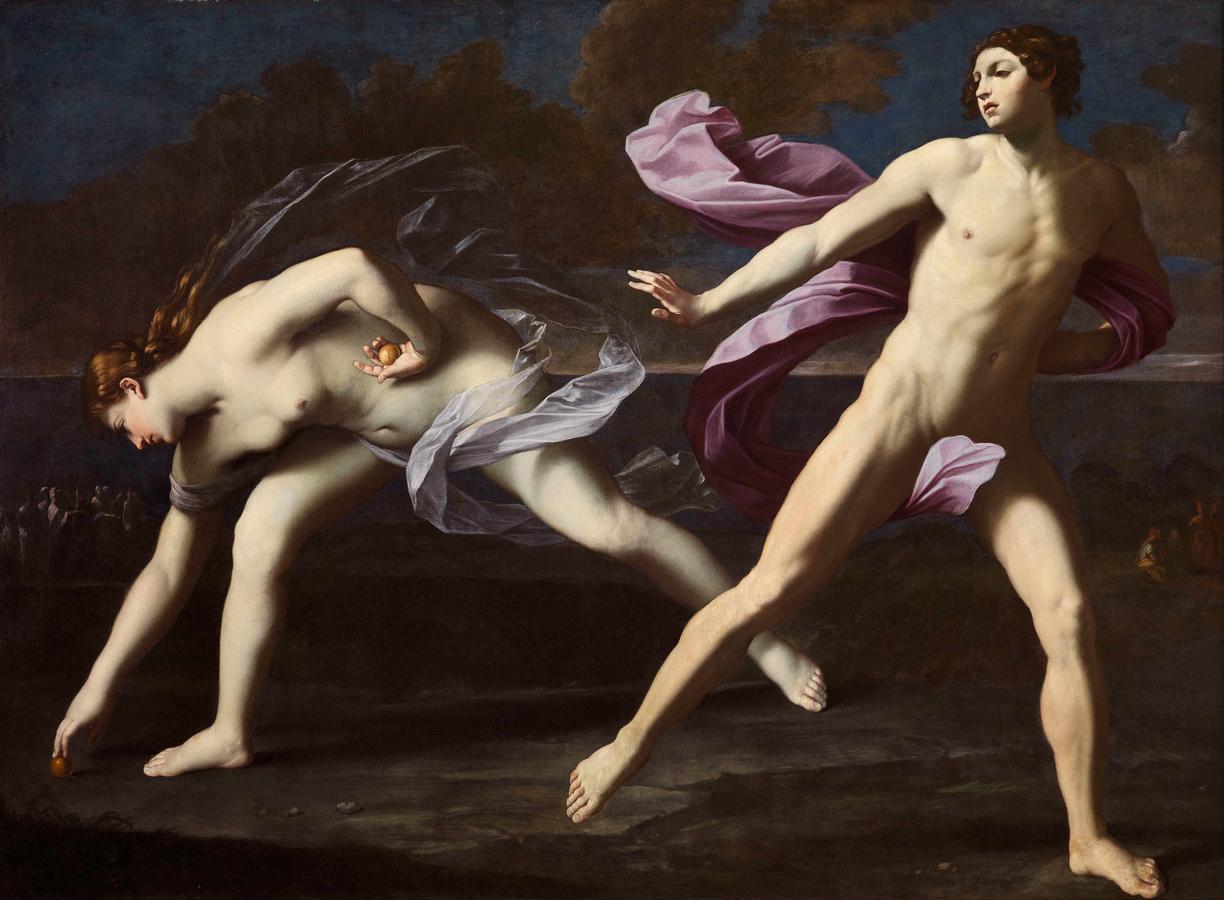
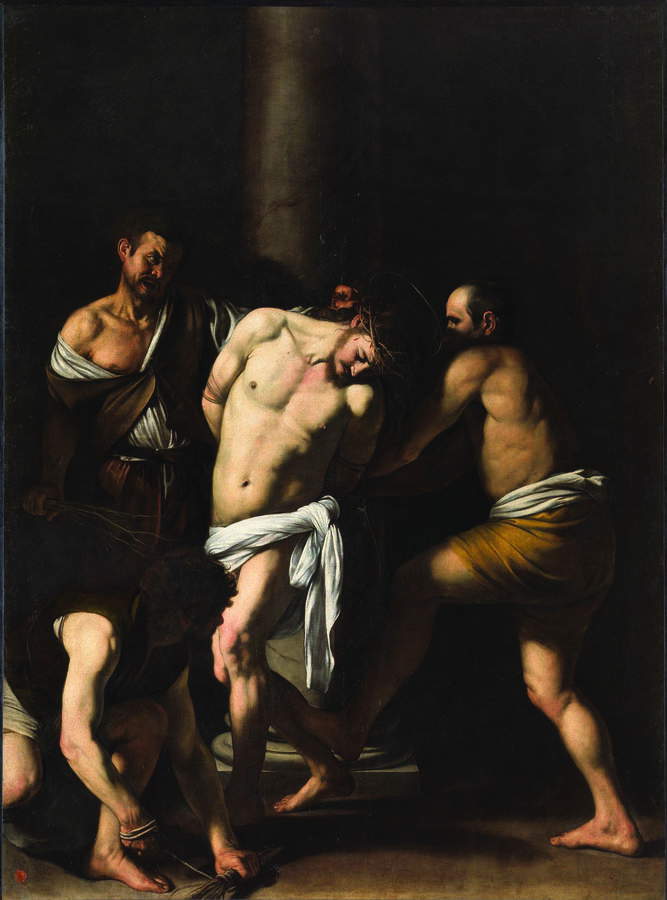
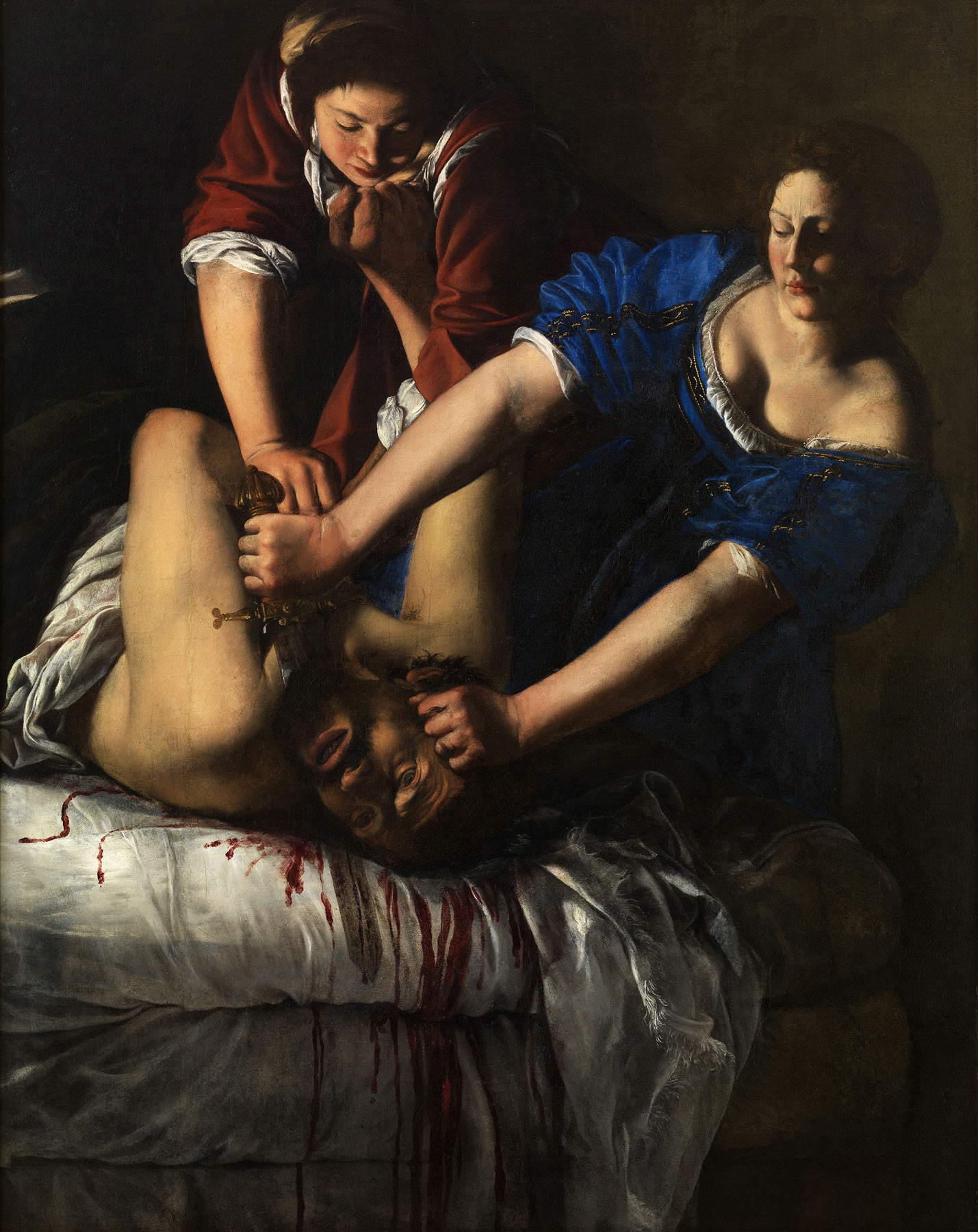
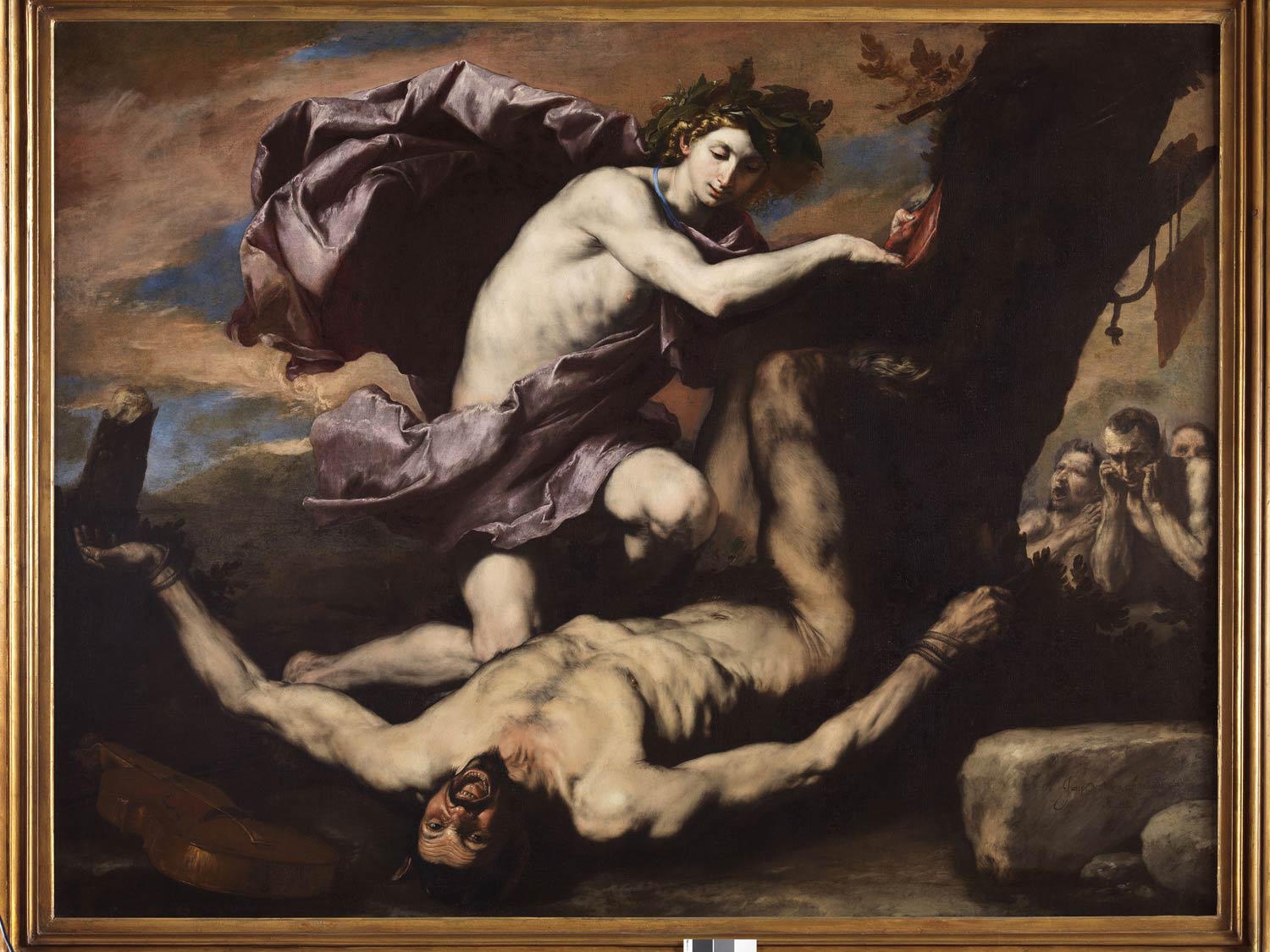
The restoration work that will affect the museum will start at the end of 2022: the company Engie servizi spa was awarded the contract last February for 45,726,000 euros. These will be, as the contract states, ordinary and extraordinary maintenance, restoration, re-functionalization and redevelopment works of the Capodimonte Museum and Real bosco di Capodimonte as well as the integrated management of energy, technological and multimedia services of the Real bosco, in line with current regulations also in terms of energy saving, containment and optimization.
Among the additional innovations to be unveiled at Capodimonte in 2023 will be the setting up of the porcelain cabinet in the Royal Apartment, which will enhance one of Italy’s largest collections of porcelain and ceramics (6,000 pieces comprise it), and in all likelihood there will also be a building dedicated to contemporary art. During the closure period, the museum made known as early as last April, events and exhibitions will also be organized in the city. Thus, it is not only Paris that will benefit from the museum’s closure.
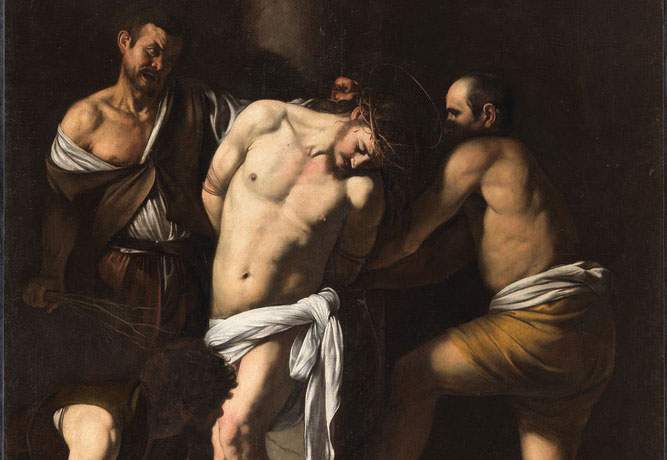 |
| Naples, Capodimonte closes for work in 2023 and sends 60 works to Louvre |
Warning: the translation into English of the original Italian article was created using automatic tools. We undertake to review all articles, but we do not guarantee the total absence of inaccuracies in the translation due to the program. You can find the original by clicking on the ITA button. If you find any mistake,please contact us.